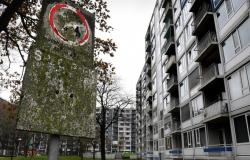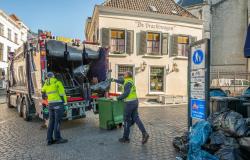
“It is actually quite clear on the drawing board,” says PBL director Marko Hekkert, who is pleasantly surprised about this. According to the study, if the Netherlands uses the right ‘workhorses’ on a large scale, it can no longer add greenhouse gases to the atmosphere in a quarter of a century. However, that is not easy: climate neutrality requires ‘a social transformation of unprecedented proportions’.
For example, the economy must largely move away from fossil fuels. Instead, much more sustainably generated electricity is needed in the first place. Bio raw materials and hydrogen are also required many times what is currently available. If that supply is disappointing, climate neutrality will only be achievable by storing enormous amounts of CO2 underground or by using significantly less energy. For example, by consuming much less, or no longer flying.
Without major sacrifices
The researchers were curious whether it was also possible without these kinds of sacrifices. They conclude that this is possible on paper, provided the necessary techniques are deployed on a large scale. If measures are excluded or postponed, the legally established target for 2050 will quickly become out of reach. “The choices do not make everyone equally happy, but the space to find something out of it is over. The entire palette is needed,” says Hekkert. “To achieve the climate goals, the next cabinet will also have to fully focus on the energy transition.”
Bio-raw materials and the capture and storage of CO2 play an important role in the research. Bio-raw materials can be plant residues, but also crops that are specially grown to make fuel for aircraft and ships, for example. CO2 released during production is quite pure and therefore relatively cheap to capture. Especially if a factory runs continuously, the price per captured megaton can be better than expected.
According to the researchers, the scarce bio-raw materials can best be used in this way. Generating electricity with biomass ‘is not obvious’, they think. The PBL therefore takes a more critical position than in previous publications.
Tags: Planning bureau unprecedented social transformation Netherlands climate neutral





